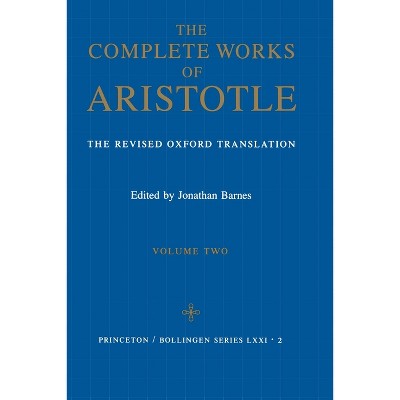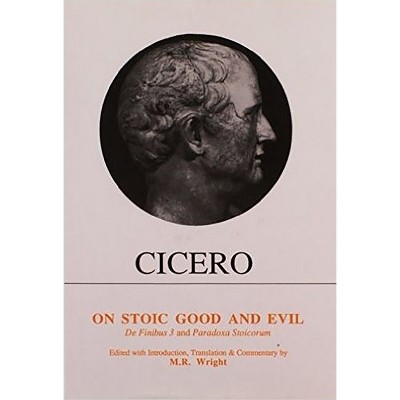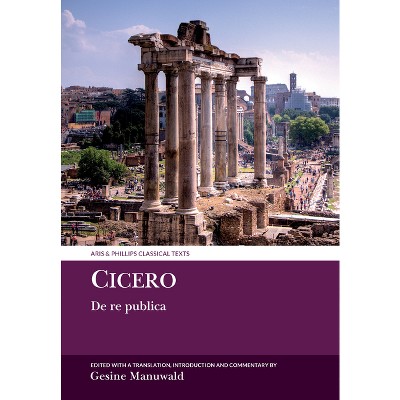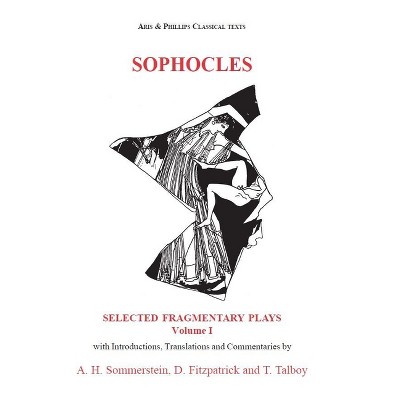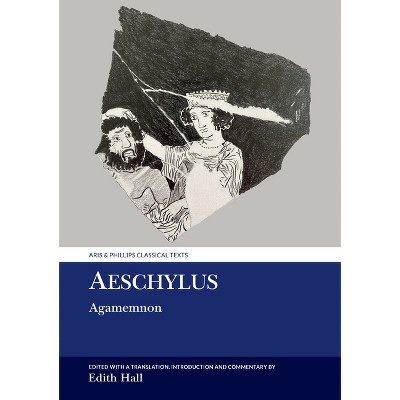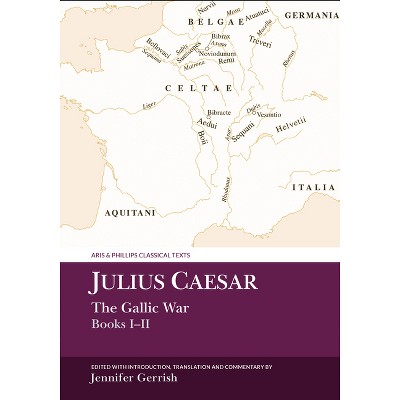Cicero: Laelius on Friendship and the Dream of Scipio - (Aris & Phillips Classical Texts) by J G F Powell (Paperback)

About this item
Highlights
- Cicero's essay On Friendship (Laelius de Amicitia) is of interest as much for the light it sheds on Roman society as for its embodiment of ancient philosophical views on the subject of friendship.
- About the Author: Jonathan G.F. Powell is Emeritus Professor of Classics at Royal Holloway, University of London.
- 188 Pages
- Philosophy, History & Surveys
- Series Name: Aris & Phillips Classical Texts
Description
About the Book
Cicero's essay On Friendship is of interest as much for the light it sheds on Roman society as for its embodiment of ancient philosophical views on the subjects of friendship. The Dream of Scipio, in which Cicero describes his vision of the cosmos, is an excerpt from his De Republica. Latin text with facing translation, introduction and commentary.
Book Synopsis
Cicero's essay On Friendship (Laelius de Amicitia) is of interest as much for the light it sheds on Roman society as for its embodiment of ancient philosophical views on the subject of friendship. The Dream of Scipio (Somnium Scipionis) was excerpted in late antiquity from Cicero's De Republica, a dialogue in six books which now only survives in fragmentary form. In the excerpt, which probably formed the conclusion to the dialogue, Cicero describes his vision of the cosmos and the rewards of immortality that the good statesman can expect after death. This work is particularly important for its influence on later literature in the Middle Ages and Renaissance.
Both dialogues are example of the best of Ciceronian prose. They are presented in this volume in the context of Cicero's philosophical writing. Their place in ancient thought and their literary characteristics are discussed fully in the introduction, while individual points of interpretation are dealt with in the commentary. There is a separate appendix of notes on textual points. Latin text with facing-page English translation, introduction and commentary.About the Author
Jonathan G.F. Powell is Emeritus Professor of Classics at Royal Holloway, University of London.Shipping details
Return details
Guests also viewed



